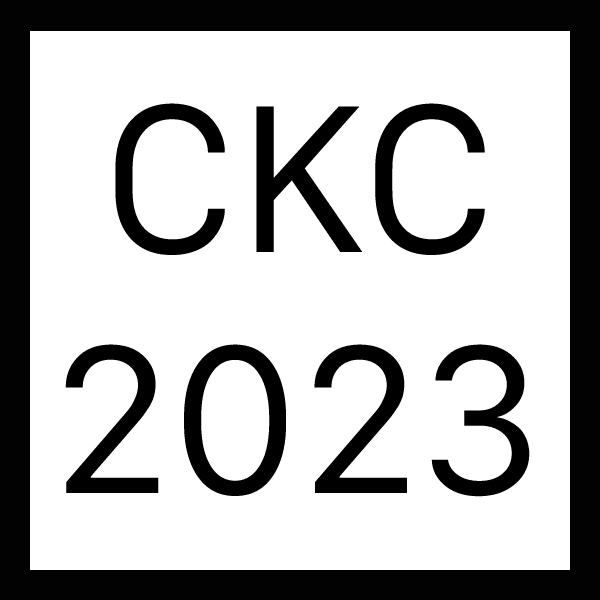CKC 2023: New Futures for Creative Economies
Day 1
Creative City Placemaking in the UK Post-Pandemic – the Possibilities and Pitfalls of Creative Industries-Led Growth and Improvement in the Devolved City-Region.
Abstract
The development of city centre spaces to support creative industry clusters, such as incubation hubs, quarters and flagships, has been part of urban planning for some time. Broadly understood as the Creative City model (Landry, 2000), and transmitted worldwide through policy transfer (Florida 2010; Whiting et al, 2022) such policy approaches aim to meet post-industrial urban decline with the growth of creative economies through capital investment related to creative clusters. The impact of Covid-19 has stimulated similar policy responses in the UK to help cities and towns ‘back on their feet’ post-pandemic. These local economic strategies combine advocacy for investment in arts, culture and creative industries in return for their contribution to place-making through agglomeration and spillover effects and have been included in cultural recovery plans for creative, visitor and night-time economies devasted by the lockdowns and social distancing restrictions of the pandemic.
Creative City models rely on the attraction of creative enterprise to specific clusters and localities through various policy interventions. Critics of such approaches point to their potential for uneven economic growth, gentrification, displacement of local cultures and communities and a lack of place-sensitivity in policy transfer (e.g. Peck 2005, 2009; Prince, 2012; Evans, 2015; Mould, 2017). This paper investigates the contemporary revival of Creative City post-Covid, through investment in flagship venues and creation of cultural districts and enterprise zones, within broader discourses of ‘levelling up’, local governance and trickle-down economics. It examines these practices and discourses through the case of a policy prototype in Manchester city-region to develop a Creative Improvement District (CID). Led by the Greater Manchester Combined Authority this initiative is not targeted at Manchester city centre, which is well-served by existing cultural spaces and inward investment, but to its neighbouring towns and districts within the ten local authorities that make up the conurbation. The research draws on qualitative interviews with policy officers and practitioners within the satellite town of Oldham, the sister city of Salford and policy analysis of similar approaches elsewhere. Considering the economic and political rationales for the CID roll-out, the paper identifies tensions between different interests involved which trouble the proposed value of creating creative clusters, alongside other factors which contribute to the continuing disadvantage of ‘places that don’t matter’ (Rodríguez-Pose, 2017) within creative and cultural placemaking.
Biographies
Dr. Abigail Gilmore is Senior Lecturer in Arts Management and Cultural Policy and Head of the Institute for Cultural Practices, University of Manchester. Current research concerns local cultural policies, participation practices and their impact on place, involving collaborative initiatives with cultural partners to inform teaching, knowledge exchange and public engagement. She is currently a Co-Investigator on the Creative Industries Policy and Evidence Centre, leading projects in Manchester with a focus on place-based development and regional engagement.
Dr Claire Burnill-Maier is the Creative Manchester Postdoctoral Research Associate with the AHRC Creative Industries Policy and Evidence Centre. Her research explores the role of place within the institutional logics of the cultural sector, with specific interest in the relationships between cultural organisations located in cities and their counterparts located in the satellite towns on the peripheries. Claire has previously held roles as a postdoctoral fellow at the University of Leeds and Research Associate for the Centre for Cultural Value.

Abigail Gilmore



